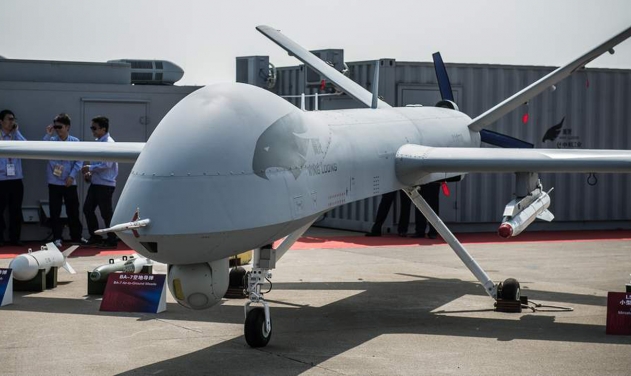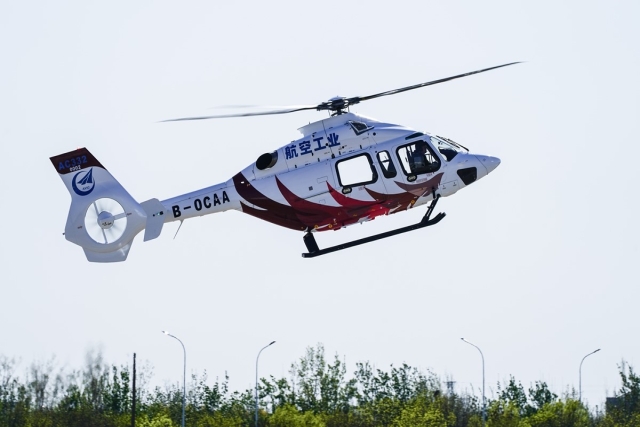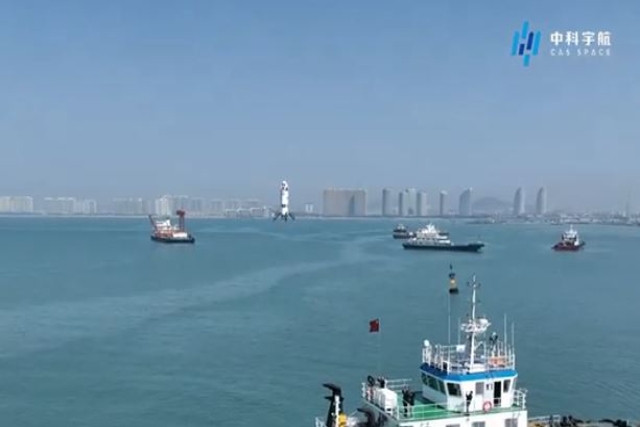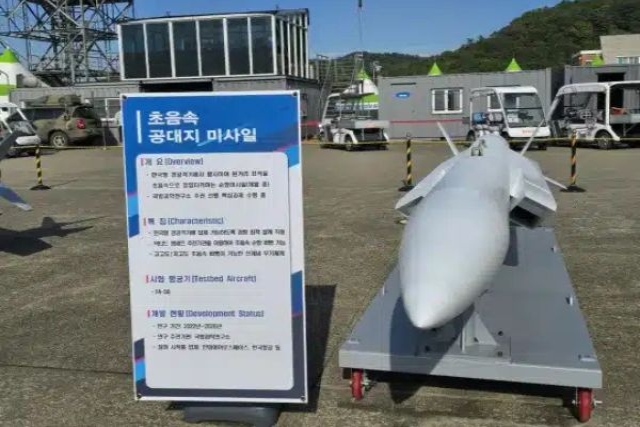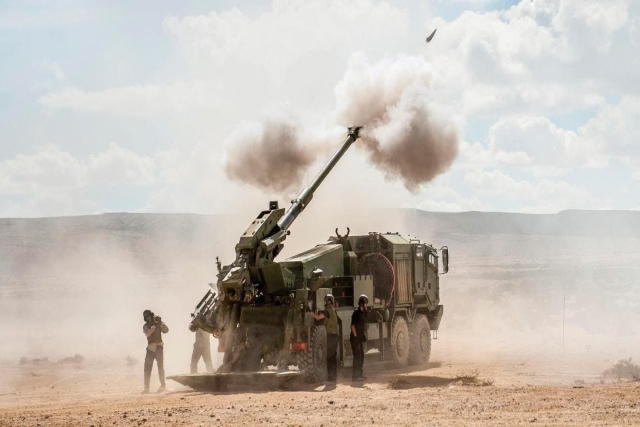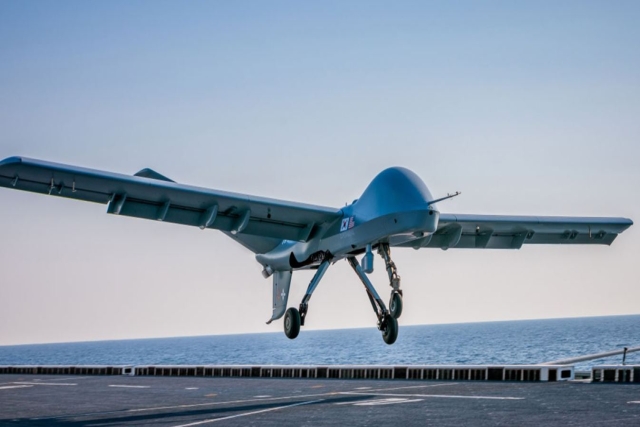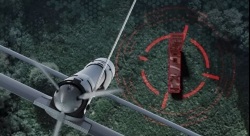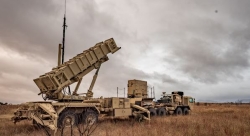China Displays Drone Tracking, Disabling System at World Radar Expo
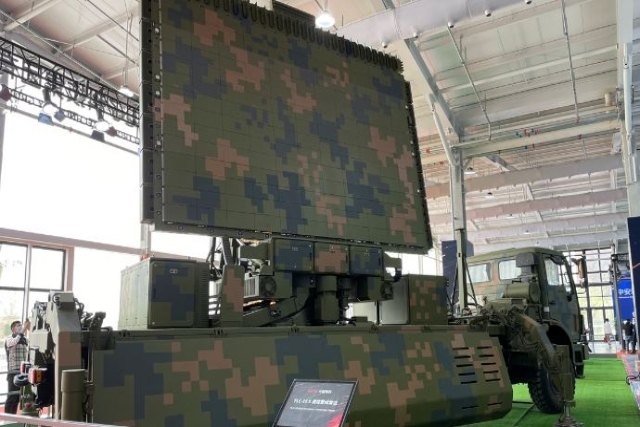
The three-day 10th World Radio Detection and Ranging Expo (World Radar Expo) kicked off on April 13 in Beijing, where top Chinese defense firms displayed their solutions in countering air threats including drones and stealth aircraft.
The Ukraine War has shown that drones have become one of the biggest threats in air defense because they are cheap, low-flying, slow and small. Traditional radar systems designed to counter traditional aircraft tend to fail to detect them.
To address drone threats, state-owned China Electronics Technology Group Corp (CETC), displayed for the first time a type of communications monitoring and jamming system. This system can track, locate and disturb the remote-control signals of hostile drones, which would suffer from weakened command orders, decreased information transmission efficiency and low navigational accuracy, the Global Times learned from its developer at the expo on Thursday.
Capable of deceiving drones and having them go off-course or land, the system can be mounted on off-road vehicles, fixed on the ground, installed in vessels or carried by infantry, as it can conduct multi-method detection in complex terrains and electromagnetic environments.
CETC also offered a type of three-sided array low-altitude monitoring radar that counters low-flying, slow and small targets. Its digital array technology helps to simultaneously detect and track low-flying cruise missiles, warplanes and small and very small drones, making it the most advanced radar for this task, CETC said.
Carried by vehicles, the radar can be deployed in key positions around cities, nuclear plants and large population centers, its developer said.
The YLC-12 C-band multifunctional radar displayed at the expo is characterized by its adjustable antenna that can be raised to as high as 18 meters, which also helps see low-flying targets like drones.
At the radar expo, CETC for the first time showcased the next-generation vehicle-mounted YLC-2E S-band intelligence radar, which can effectively detect aerodynamic targets including those that are stealth-capable.
Previous anti-stealth radars often used specific bands to counter stealth warplanes, but thanks to the development of a type of advanced semi-conductive material that realizes extremely high energy efficiency and advanced algorithms, the YLC-2E can use high energy to counter stealth, which is a new technical approach, the report said.
Another radar showcased at the event, the YLC-16 multifunctional S-band radar, can detect many types of targets. One of its top selling points is that it can be left unattended in harsh environments like high mountains and islands far at sea, and be controlled remotely from thousands of kilometers away via transmission methods including optical fiber, microwave and satellite.
Other Chinese arms firms brought their radar products to the event, including China Electronics Corp with its JL3D-91B anti-stealth radar and underwater towed optical fiber detection system, China Aerospace Science and Industry Corp with its guidance radar for the HQ-9BE air defense missile system, as well as China State Shipbuilding Corp with its next-generation high-frequency ground wave radar system and a type of miniaturized navigation radar for unmanned vessels.
